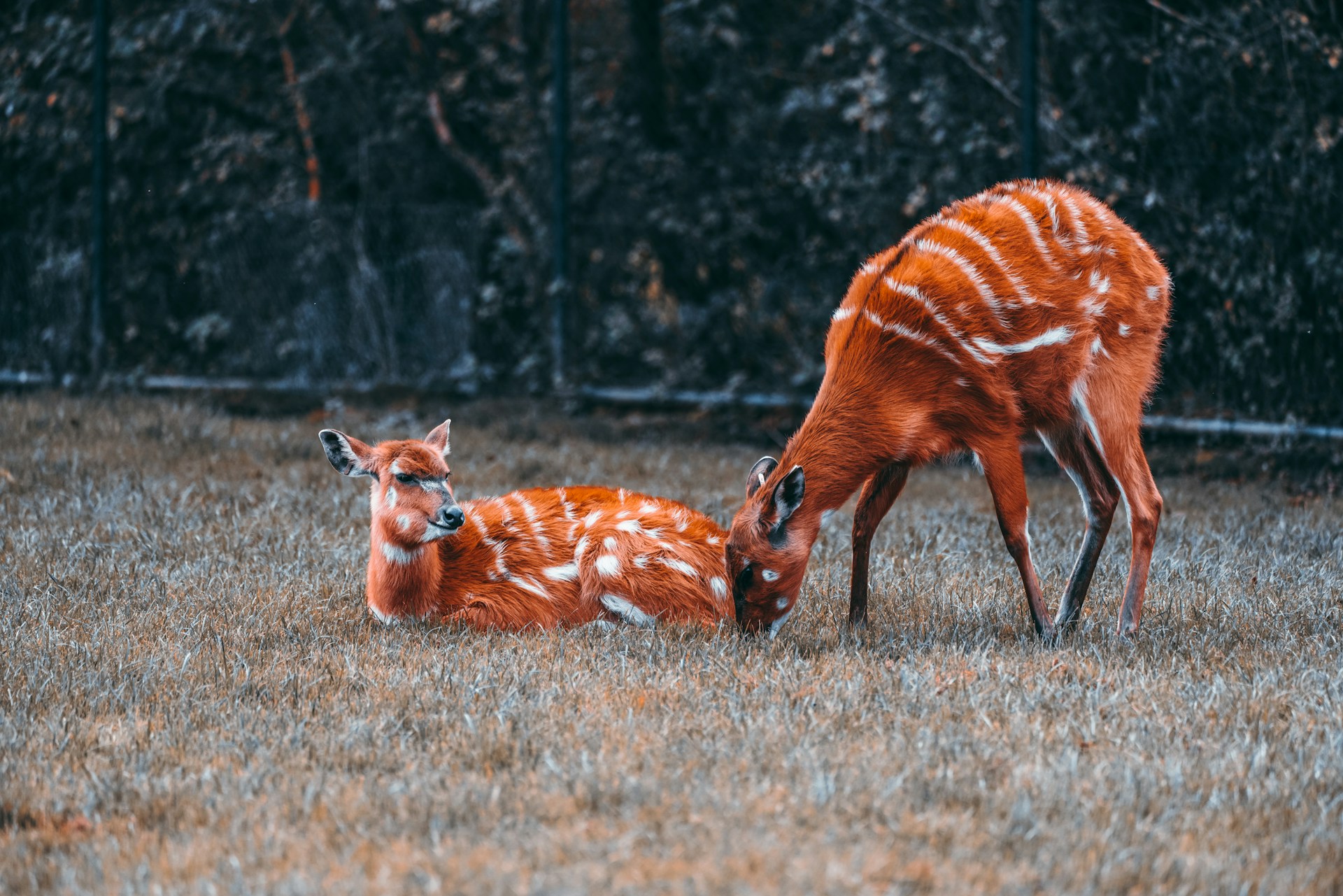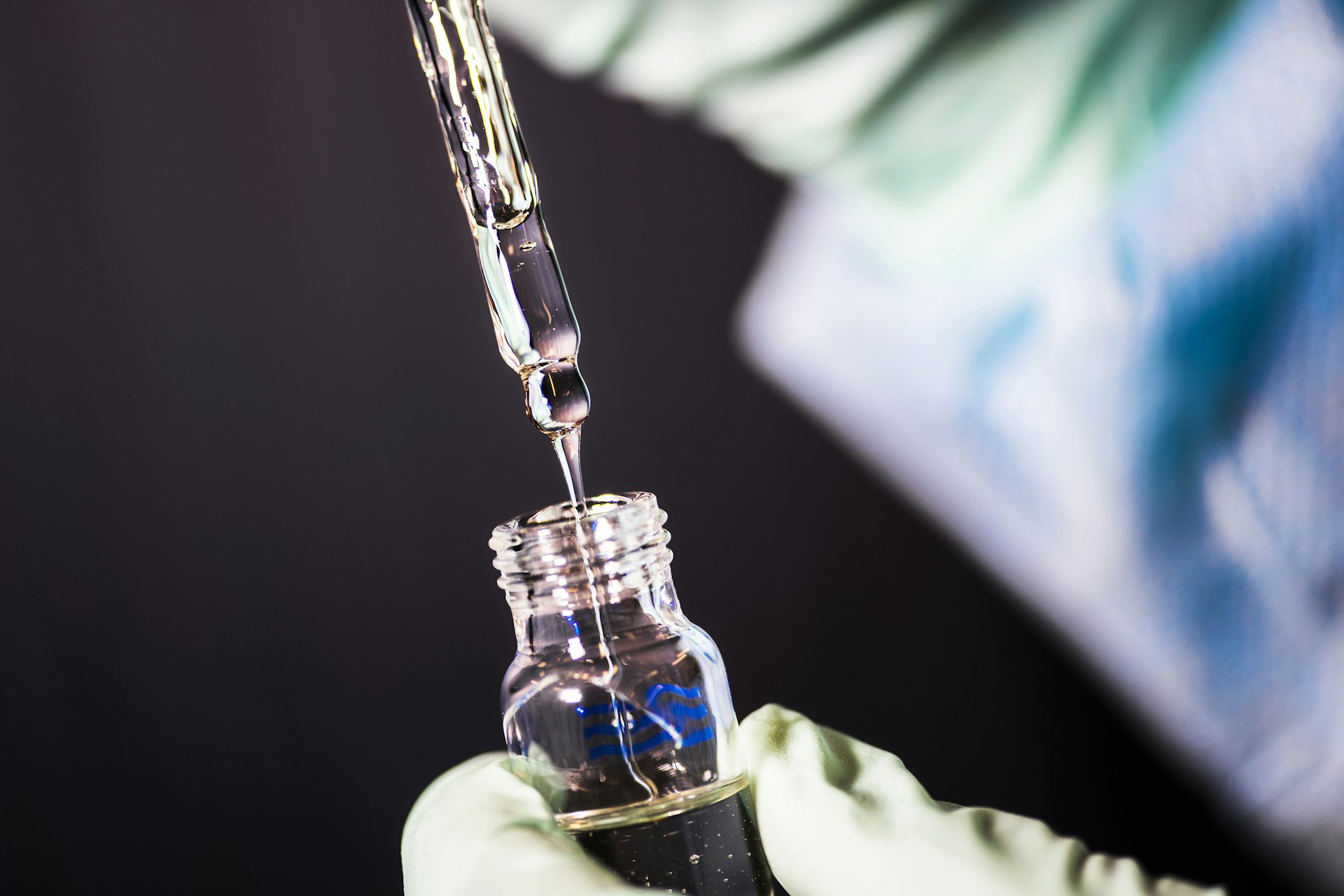ABU DHABI, UAE [TAC] – The International Union for Conservation of Nature (IUCN) World Conservation Congress has adopted a landmark resolution to combat the escalating global commercial trade in wild animals kept as pets.
Motion 108, which passed with more than 90 percent of the vote, calls for the immediate creation of urgently needed global guidelines to help countries manage and regulate commercial trade in wild animals.
The adoption of the motion, at the world’s largest gathering of conservation practitioners held in Abu Dhabi from October 9 to 15, 2025, acknowledges the mounting threats the wildlife pet trade poses to biodiversity, animal welfare, human and animal health, and the rule of law.
The motion mandates the IUCN Director General and the Species Survival Commission to establish a new task force to review the current state of the trade and develop science-based guidelines. These guidelines are intended to provide governments with the tools needed to ensure any legal trade is sustainable, responsible, and safe.
Conservation experts emphasized the scale of the problem, noting that millions of wild animals — including mammals, birds, reptiles, amphibians, fish, and invertebrates — are taken from the wild every year to fuel the pet trade.
“The adoption of Motion 108 is an essential step to bring global attention to the wildlife pet trade—an urgent, but often overlooked, crisis,” said Dr. Susan Lieberman, Vice President of International Policy at the Wildlife Conservation Society (WCS). She added that the trade is “leaving forests and grasslands silent and stripped of vital pollinators, seed dispersers, and predators.”
The WCS provided stark statistics illustrating the magnitude of the problem.
In the United States, nearly 100,000 listings for live reptiles and amphibians (652 species) appeared on pet-trading websites over four years. In Indonesia, almost 200,000 wild birds (95 species) were recorded being transported between just two islands in a three-year period. And for every animal that reaches a buyer, many more die during capture or transit, amplifying the true toll on wild populations.
Key features the new guidelines are expected to address include:
The possibility of implementing a “positive list” approach, which would only permit trade in species explicitly assessed and deemed safe and sustainable, a shift from the current system.
The potential recommendation to exclude all members of certain high-risk tax from any commercial trade.
Measures to reduce the significant risks of pathogen spillover (zoonotic disease) and the spread of alien invasive species.
Beyond conservation, experts highlighted the trade’s danger to public health.
Dr. Sarah Olson with the WCS Health Program called the unregulated pet trade a “One Health crisis,” recognizing the interconnected risks to wildlife, people, livestock, and food security. “Prevention is far more effective than reacting to the next outbreak,” Olson stated.
Dr. Liz Bennett, Vice President of Species Conservation at WCS, concluded that the new guidelines would “give countries the tools they need to regulate this trade responsibly—and help stop the silent emptying of our forests, grasslands and waters.”
The motion urges IUCN Members and governments to adopt and implement policies and legislation in line with the resulting guidelines, marking the beginning of a coordinated international effort to rein in the spiraling commercial pet trade.











